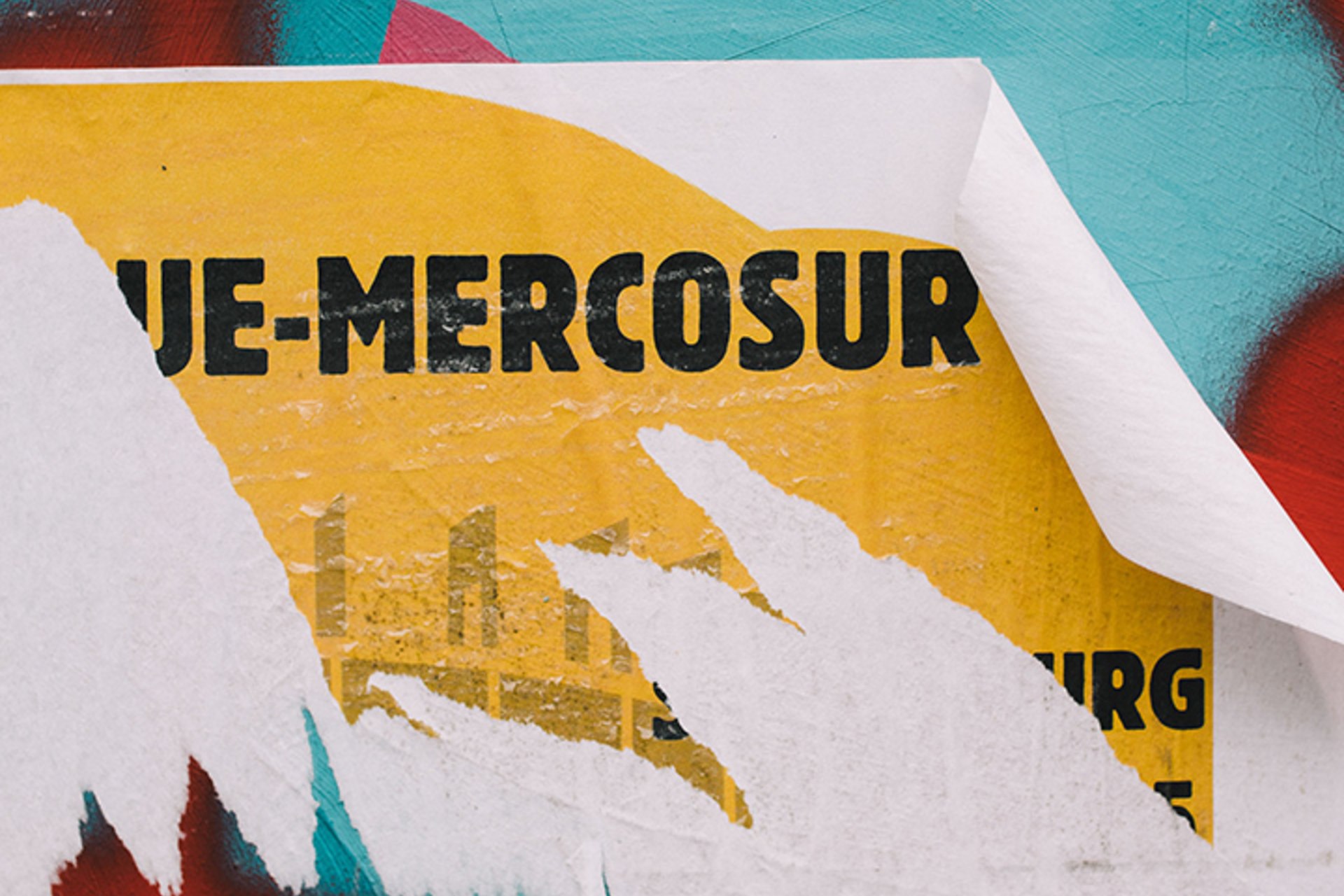Terrorists’ Nuclear Capabilities
Published
Updated
This publication is now archived.
Could terrorists build a nuclear weapon?
Building a nuclear bomb is not easy, but the consequences of terrorists doing so would be sufficiently devastating that the problem is worth worrying about. Building nuclear weapons is difficult even for countries with money, infrastructure, and scientific resources. But experts note that building a crude, bulky, low-yield nuclear weapon deliverable by truck or ship would be far easier than making the compact, reliable, high-yield weapons found in U.S. arsenals—and might also be easier than stealing an atomic weapon. Still, all but the most sophisticated terrorists will probably find conventional weaponry a more viable option.
Have terrorist groups ever built a nuclear bomb?
No, experts say.
Have terrorist groups ever tried to build a nuclear bomb?
Yes. In the mid-1990s, al-Qaeda agents tried repeatedly—without success—to purchase highly enriched uranium in Africa, Europe, and Russia. In November 2001, Osama bin Laden announced that he had obtained a nuclear weapon, but U.S. intelligence officials dismissed his claims. Documents recently discovered in Afghanistan also described al-Qaeda’s nuclear aspirations.
Have states that sponsored terrorism tried to get the bomb?
Yes—most notably Iraq. In 1981, Saddam Hussein’s drive to get nuclear weapons was set back when Israeli jets destroyed his Osiraq nuclear reactor outside Baghdad. When a revitalized Iraqi nuclear weapons program was dismantled by UN inspectors in 1991, the inspectors found that Saddam was probably within three years of having enough highly enriched uranium—the crucial ingredient for a basic nuclear weapon—to build a bomb.
Why is building a nuclear weapon so difficult?
It requires solving several very difficult problems simultaneously. Acquiring the fissionable material to generate a nuclear explosion is the single most difficult step. But other daunting problems remain, including recruiting scientific experts in a broad array of disciplines, obtaining specialized industrial equipment, and avoiding the chemical and radiological hazards inherent in working with nuclear materials and high explosives.
How long would it take to build a nuclear weapon?
Probably many years. Iraq tried throughout the 1980s and 1990s to build a bomb but failed—despite ample funding, readily available infrastructure and equipment, and a dedicated research team. The task would be even harder for a terrorist group without the resources of a state.t





